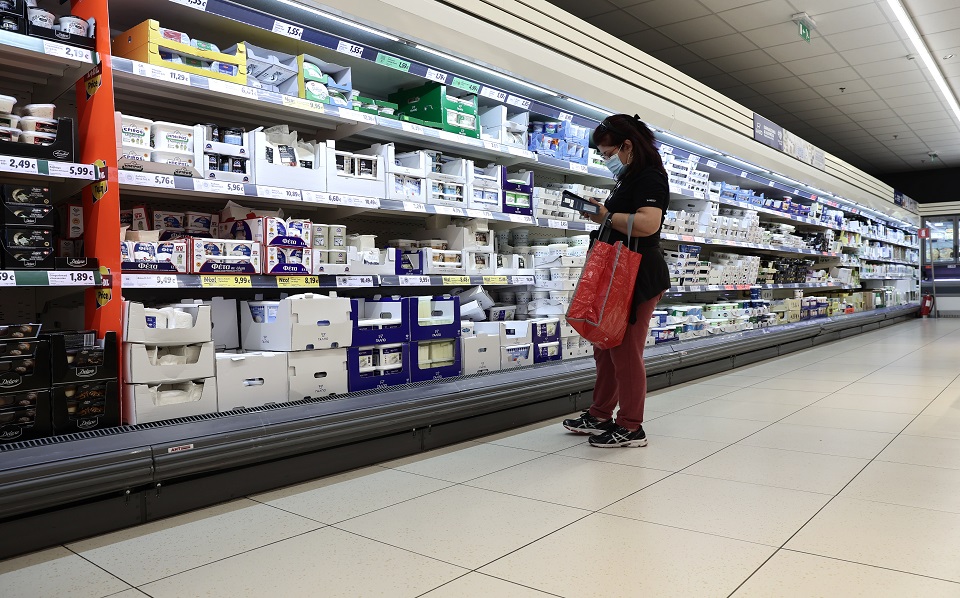Greedflation not a passing storm

Inflation is, of course, not only a Greek problem or just an imported problem. It’s also not like a storm that can’t be dealt with and you just wait for it to pass. Nor, again, is it a neutral phenomenon: It redistributes wealth. As long as consumption holds up, producers and retailers raise prices and profits. Are we experiencing greedflation?
It happens in the best of places. Real earnings are rising, while real wages are falling in the United States, Paul Donovan, global chief economist at UBS Wealth Management, wrote in the Financial Times. And European Central Bank President Christine Lagarde repeatedly stated on June 5 that in several sectors European companies not only passed on the entire increased cost of raw materials to the prices their customers paid but, in addition, several found the opportunity to increase their profit margins.
A large part of industry, retail trade, import and wholesale trade had learned to work with high profit rates, which do not exist in other European countries
While the ECB is aggressively tightening its monetary policy to contain inflation, reinforcing recessionary trends in European economies, speculators are playing it the other way around: They are benefiting and fueling inflation. Rising profit margins are delaying the decline in inflation. Profit growth is responsible for much of the inflation rise these past two years, says the ECB’s Chief Economist Philip Lane. We have greedflation.
Greece is suffering from greedflation more than other countries. That is perhaps because a large part of industry, retail trade, import and wholesale trade had learned – before the latest rise in prices – to work with high profit rates, which do not exist in other European countries. This is the main reason why food and other consumer goods are more expensive in Athens than in other European cities, even though in these countries they may have higher wages, higher cost factors, and, let’s not forget, incomparably less tax evasion.
Because inflation comes on top of already exorbitant prices, profit margins are increasing many times over compared with other countries. These margins become a magnet for attracting foreign speculative capital that is used to create a subsidiary in Greece (so as not to shoulder the country risk), take out loans from a Greek bank and buy high-yielding real estate or Greek businesses that operate internationally with high profit margins. That is what the previous conservative government called “attracting investments” and presented as a brilliant achievement.
At the same time, due to inflation, the large redistribution of income is hitting the poorest of households hardest. First, through the earnings enhancement mechanism. Second, through the differential effect of inflation on incomes. The poorest feel the pressures of inflation much more painfully than the richest, the ECB explains, a gap that is currently at its largest since 2006. With inflation of 2.8% in May, food prices rose by 11.6%, clothing and shoe prices rose by 11.8%, and healthcare/medicine prices increased 7.8%. Inequalities are widening.
In France a few days ago, the government met with the big businesses of the food sector and told them to cut their profits. And, because it cannot be sure that they will, it also cast a wide government net of daily market surveillance. In Greece, with the so-called Household Baskets and pre-election Market Passes, everything was done to avoid any price control.





